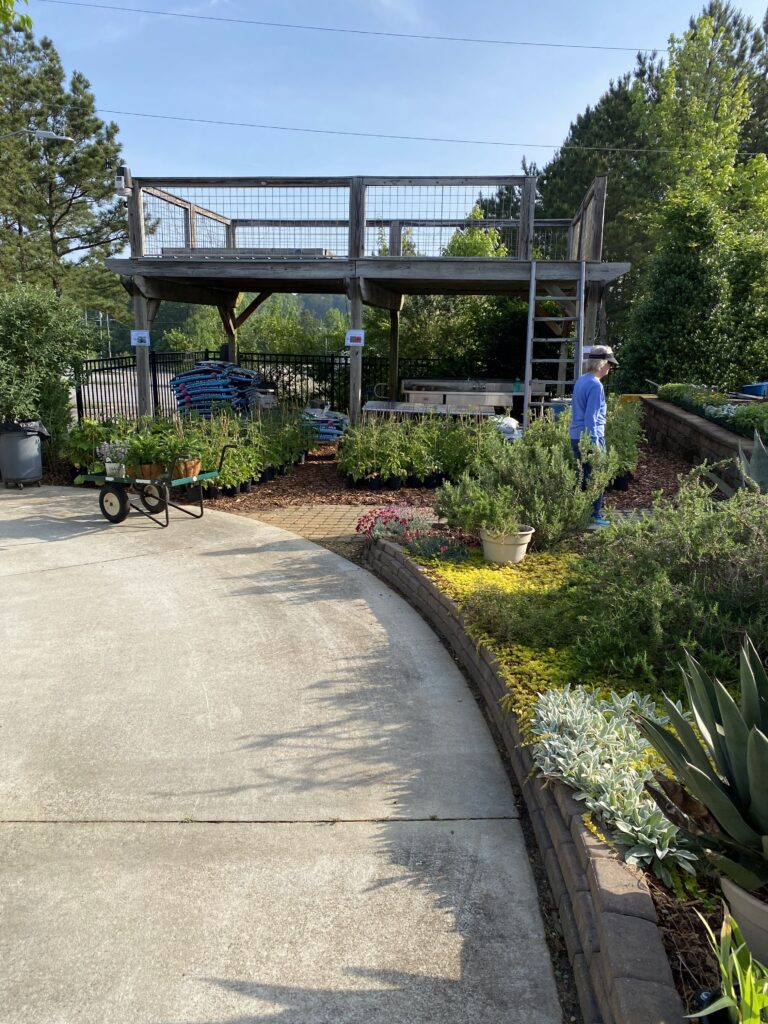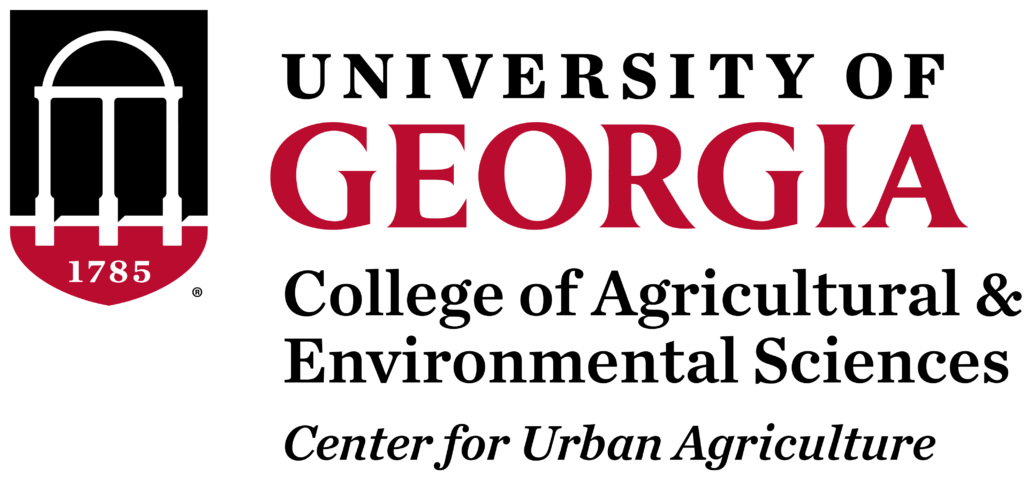Urban Agriculture
At the Center for Urban Agriculture, we bridge the gap between city living and sustainable agriculture. Through research-based education and resources, we empower Georgians to cultivate thriving urban spaces—from backyard gardens to commercial landscapes, community farms to city forests. Whether you’re growing food, managing pests, developing green spaces, or seeking sustainable solutions, our expertise spans the full spectrum of urban agricultural challenges. Join us in building greener, more resilient communities through innovative growing practices, environmental stewardship, and smart resource management.
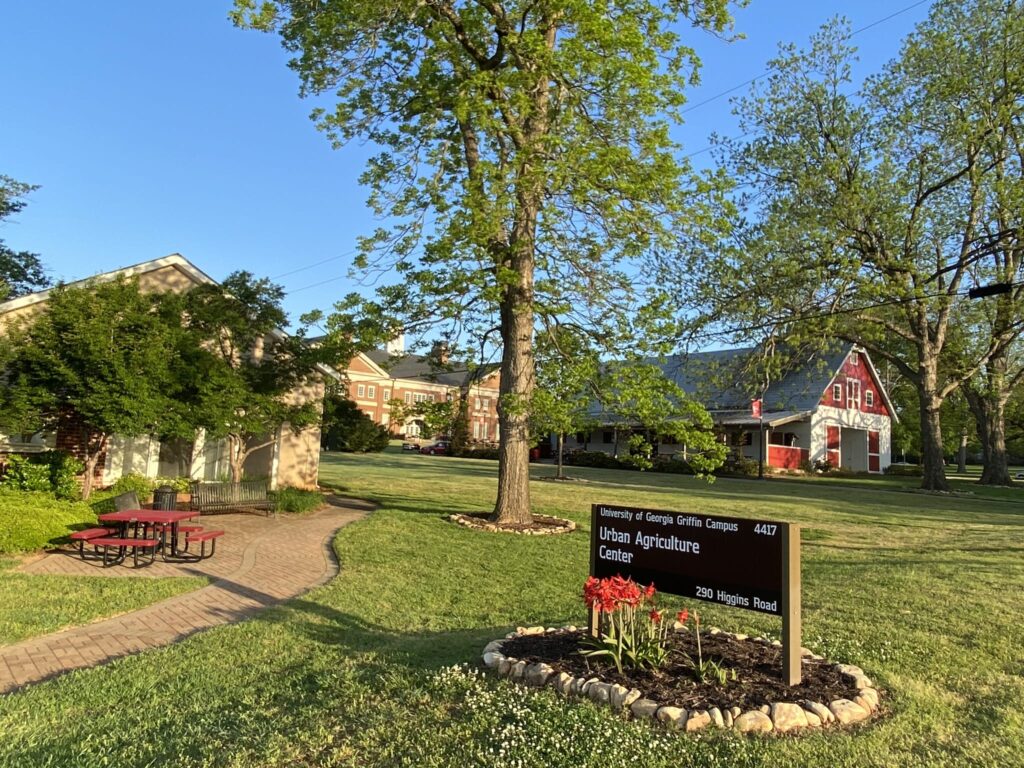
Introduction to Urban Agriculture
Welcome to the UGA Center for Urban Agriculture. We’re dedicated to providing research-based information and resources to help Georgians and the southeast excel in the areas of urban food production, integrated pest management, green industry challenges, and practicing environmental stewardship. Explore our site to learn more about urban agriculture, pest management, and sustainable practices for your home, community, nursery, farm, or small business.
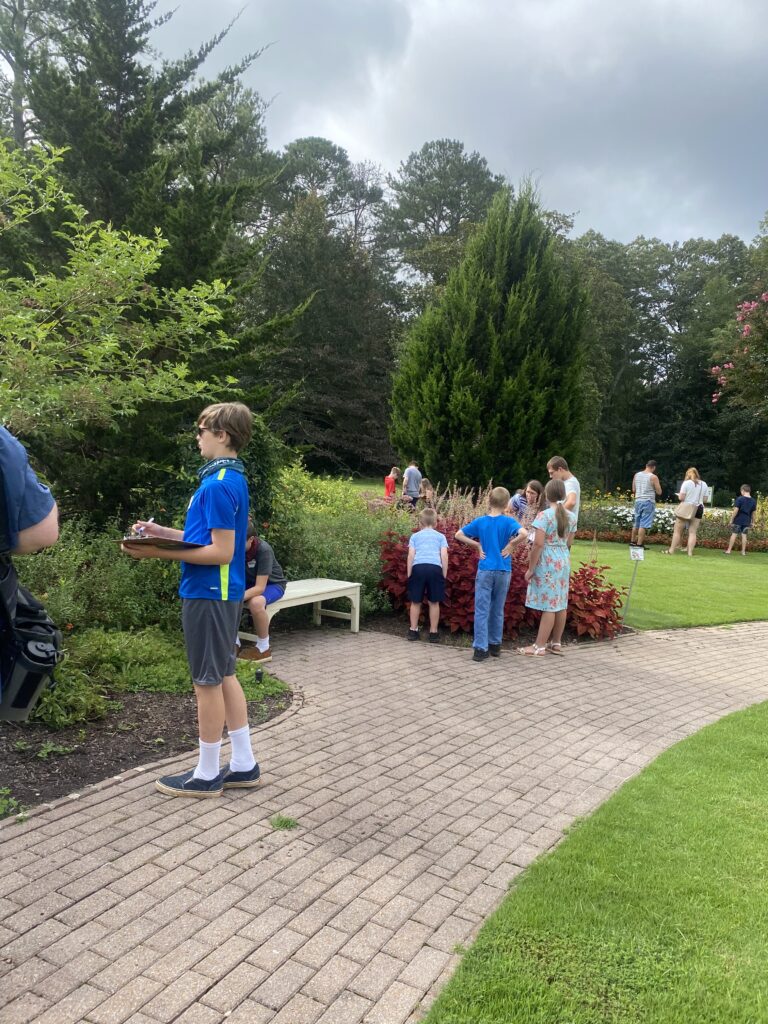
Green Industry
The Green Industry in Georgia, particularly professional landscape and lawn care businesses, is experiencing significant growth due to the state’s favorable climate and location. This sector goes beyond mere aesthetic improvements through ornamental plantings – it plays a crucial role in addressing various environmental challenges. These include:
- Managing stormwater runoff
- Controlling erosion
- Mitigating heat island effects
- Protecting pollinators
The industry is supported by extensive research and guidance from the University of Georgia Cooperative Extension, which provides up-to-date resources on topics ranging from pruning and plant care to landscape basics and environmental benefits. Their publications help ensure best practices in landscape management and ornamental plant maintenance.
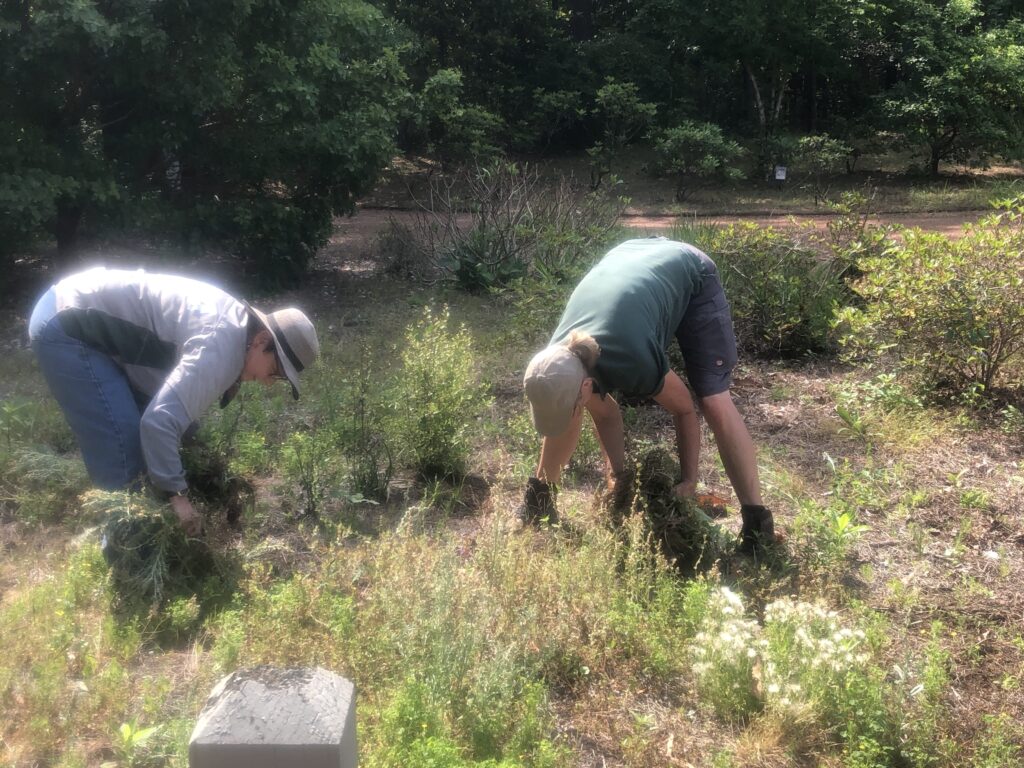
Gardening
Gardening is a rewarding pursuit that can transform any space into a thriving ecosystem of plants, whether you’re cultivating vegetables for your table or flowers for beauty. At UGA Extension, we provide research-based guidance for three main types of gardens: home gardens for personal cultivation, community gardens that bring neighborhoods together, and school gardens that serve as living classrooms. Our extensive resources help gardeners at all levels succeed, from selecting the right location and preparing soil to maintaining healthy plants throughout the growing season.
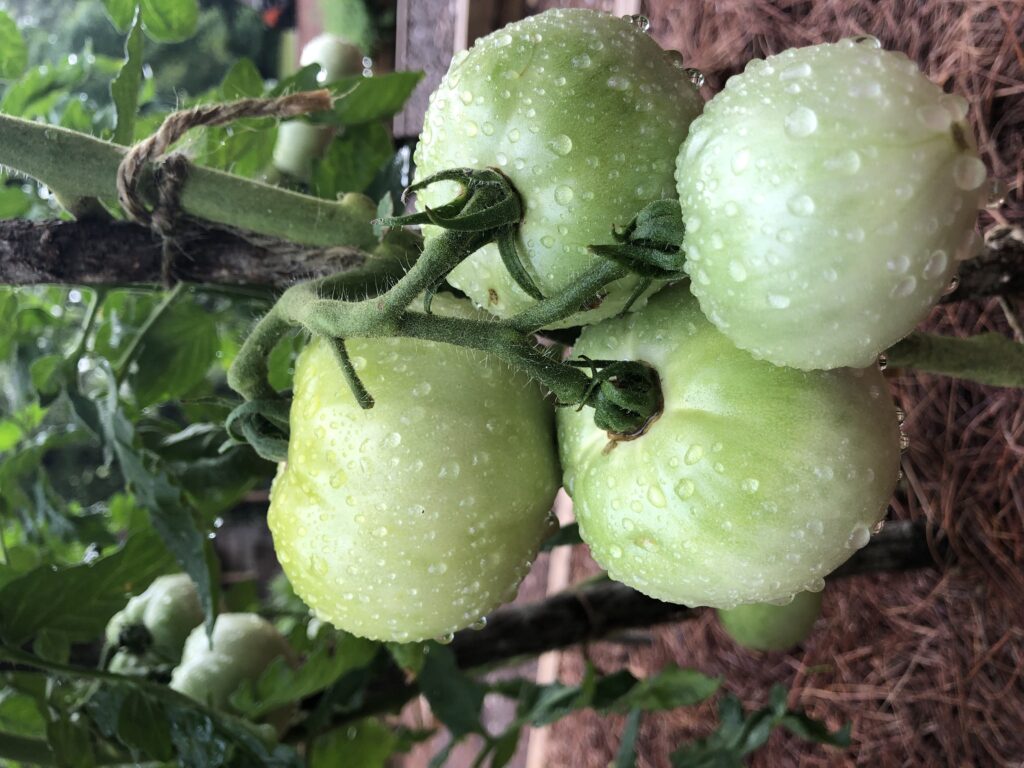
Urban Farming
Urban farming combines innovative agricultural techniques with city spaces to create sustainable local food systems. From small-scale market gardens to advanced controlled environments, urban farming is transforming how we think about food production in metropolitan areas. At UGA Extension, we support three key approaches: small-scale farming that maximizes limited urban space, hydroponic and aquaponic systems that eliminate the need for soil, and controlled environment agriculture that enables year-round growing through environmental management. These methods help meet the growing demand for locally-produced food while adapting to urban constraints and environmental challenges.
